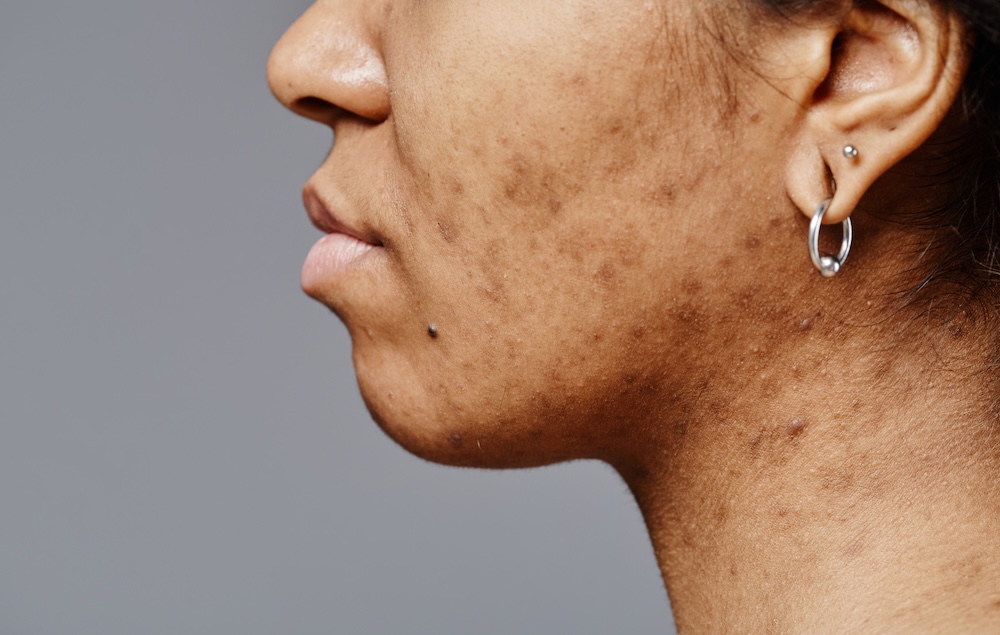
- Sun-induced pigmentation (sunspots, freckles)
- Melasma (hormonal pigmentation)
- Post-inflammatory hyperpigmentation (acne marks, scars)
- Uneven skin tone and dullness
- Age spots and liver spots
- Laser Therapy: Targets excess melanin, breaking down pigment for a clearer complexion.
- Chemical Peels: Exfoliate the skin to remove surface pigmentation and stimulate new cell growth.
- Microneedling with PRP: Promotes skin renewal and collagen production to fade dark spots.
- Medical-Grade Skincare: Customized regimens with brightening agents like hydroquinone, vitamin C, and retinoids.
- Intense Pulsed Light (IPL) Therapy: Uses broad-spectrum light to treat pigmentation and even out skin tone.
- Q-Switched Laser: Specifically designed to target melanin without damaging surrounding skin.
- Fractional CO2 Laser: Helps treat deeper pigmentation and enhances skin regeneration.
- Customized Peel Solutions: Varying strengths to suit different pigmentation concerns and skin types.
- Gradual fading of dark spots and pigmentation within a few weeks to months.
- Improved skin texture, tone, and radiance.
- Some treatments may cause temporary redness or mild peeling, which subsides within a few days.
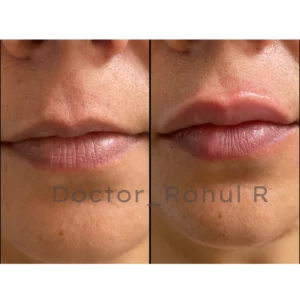
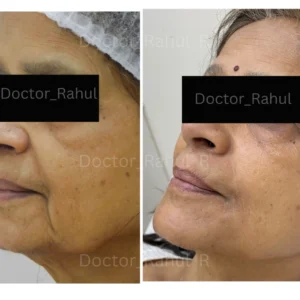
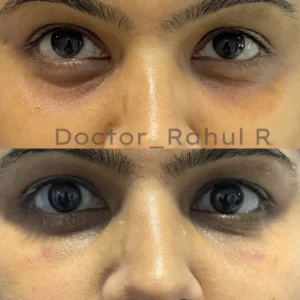
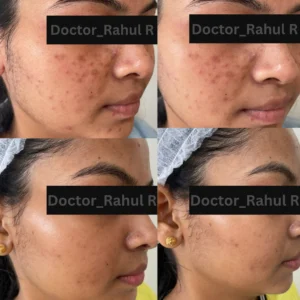
- Individuals with pigmentation issues caused by sun exposure, aging, or hormonal changes.
- Those looking for non-invasive solutions to achieve brighter, more even skin.
- Strict sun protection with SPF 50+ is essential before and after treatment.
- Avoid harsh skincare products containing alcohol or exfoliating agents before treatment.
- Follow a dermatologist-prescribed skincare routine for maintenance.
